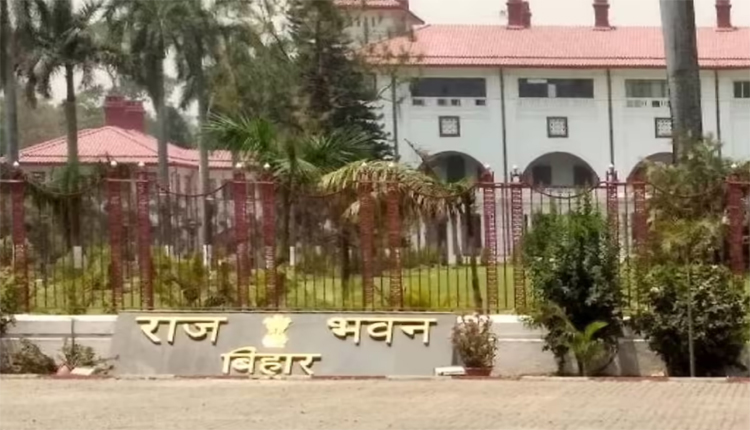Patna: With the Bihar Assembly election results declared and the NDA securing a clear majority, the focus has shifted to government formation. Amid the political buzz, a key question has emerged: Can the Governor prevent someone from taking oath as Chief Minister even after being elected leader of the legislative party?
According to constitutional provisions, the governor’s role is largely ceremonial once a party or pre-poll alliance proves majority support. Article 164 of the Constitution mandates that the Governor appoint the leader of the majority party as Chief Minister. This is a constitutional obligation, leaving no room for personal discretion or political bias.
The Governor cannot deny the oath based on allegations, controversies, or political differences. As soon as a leader demonstrates majority backing, the governor is bound to administer the oath. Discretionary powers come into play only in a hung assembly, where no party has a clear majority. In such cases, the Governor decides whom to invite first to form the government based on stability and numbers.
However, there are rare exceptions. The Governor can refuse the oath if the leader is legally disqualified — such as being convicted and sentenced under law, not being a member of the legislature within six months, holding an office of profit without exemption, or being declared bankrupt or mentally unfit by a court.
In short, barring legal disqualification, the governor cannot stop an elected leader of the majority party from taking oath as chief minister.



Comments are closed.